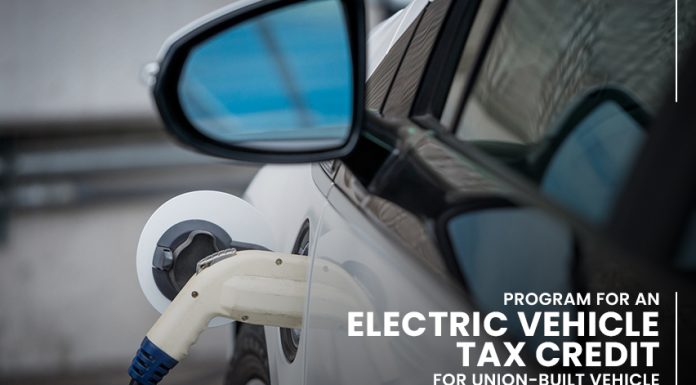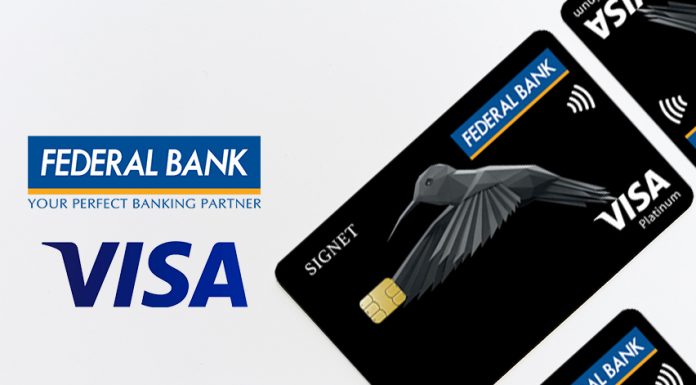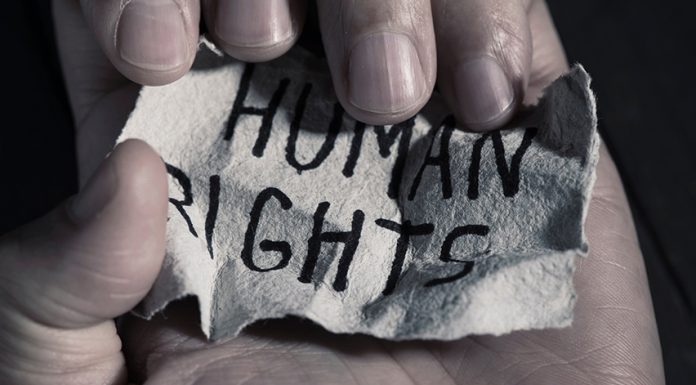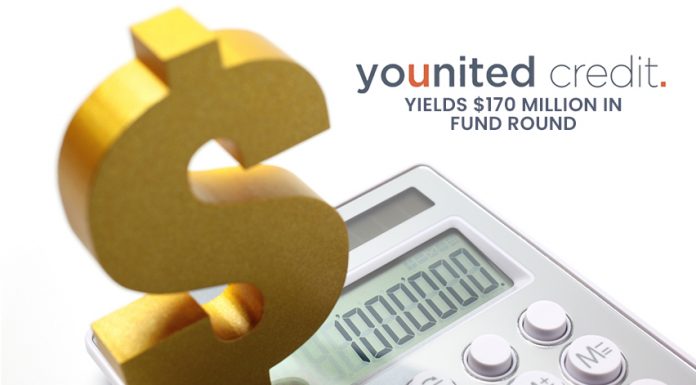Americans are expected to pay $122 billion in credit card interest, $10 billion more than the total amount they spent last year, according to a report.
A study by MagnifyMoney, a banking comparison site, revealed that U.S. cardholders paid $113 billion in 2018 in interest, up 12% from what they spent a year before.
The report stated that a big reason is that, Americans finally have the confidence to borrow more than ten years after the global financial crisis prompting the total credit card debt to reach a record high.

However, cardholders are also paying more on what they borrowed, since customers shoulder recent Federal Reserve rate hikes passed onto them by banks.
The median APR on credit card accounts has surged to almost 4 percentage points within the last five years. It now stands at 16.86%, the Federal Reserve said.
Chris Horymski, Senior Research Analyst at Lending Tree, the parent company of MagnifyMoney said that while a single rate rise doesn’t seem significant, accumulated rates add up quickly, making it difficult for many American households whose budget is already tight.
The Fed’s Survey of Consumer Finances said that nearly half (40%) of active credit card customers carry debt month to month. In 2017, total credit card debt topped $1 trillion, the first time it reached that level since the financial crisis. It is now breaking records at $1.034 trillion as of January.
Meanwhile, credit card delinquency rates remain unchanged, and way below their peak ten years ago, when the economy faced a free fall.
Public sentiment has rebounded just as the economy has been rallying since the 2008 recession. Nowadays, Americans have a more optimistic view of the nation’s economic situation than they have had since 2002, Pew Research Center said. Around two-thirds of the U.S. population says the economy is in good condition, up 17% from 2009, the Pew data shows.













